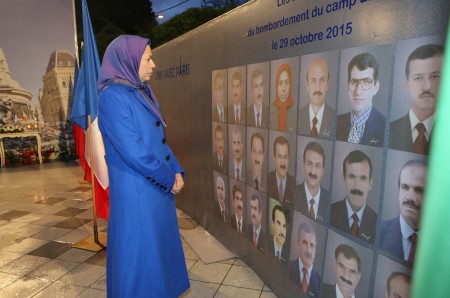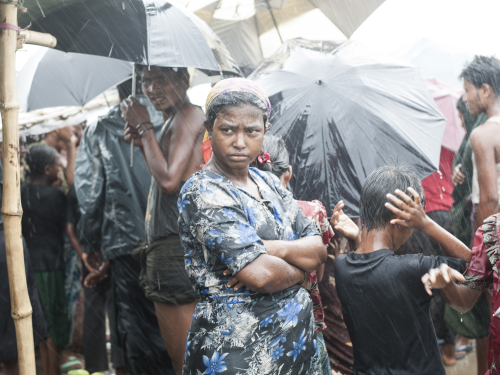
This article was originally published by the Global Observatory on 26 January 2016.
Amid the past two weeks’ dehumanizing cataloging of death tolls from extremist violence—in Pakistan, Burkina Faso, Turkey, Egypt, Iraq, and Somalia—an attack that claimed relatively few innocent lives likely tells us the most about the evolving ideological response to the threat, as well as its inherent cognitive dissonance.
The haphazard killing of four people in Jakarta on January 14th by sympathizers of the so-called Islamic State (ISIS), who also perished in the attack, has altered a popular narrative of Indonesia. The Southeast Asian nation has gone from one that has long been praised for fostering a devout yet peaceful Muslim population to one that might soon explode into flames. Once known as the nation where 50 million Sunnis reputedly told ISIS to “get lost,” Indonesia has been quickly recast in international media as a country in which insufficient and poorly targeted government deradicalization efforts have aided the group’s growth.

